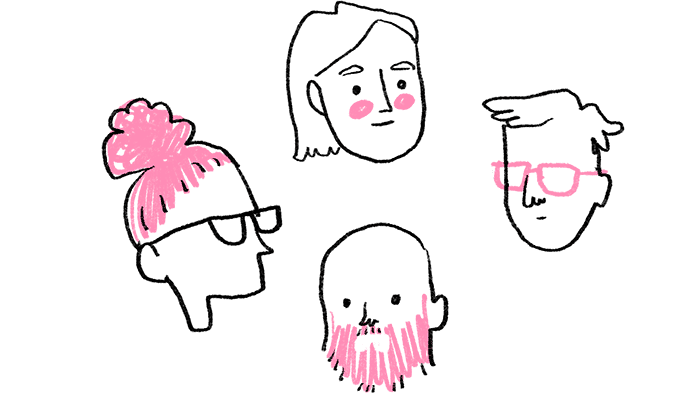Interculturalism and inclusion

In the City of Reykjavík's Human Rights Policy, you can find sections on national origin and nationality.
You can find Human Rights Office projects that focus on immigrants, people seeking international protection, and refugees in the human rights action plan for 2019-2022.
Reykjavík is an intercultural society
Reykjavík's society is constantly evolving and becoming increasingly diverse, particularly in terms of origin, nationality, religion and worldviews. People move more between countries due to increased globalization, with nearly 25% of Reykjavík residents having foreign origins.
An intercultural society calls for changed emphases in most aspects of the community. The fundamental elements for intercultural societies are: respect for diversity, equality, and meaningful intercultural interactions.
Inclusion
In an intercultural society, diversity is seen as a natural part and emphasis is placed on inclusion. Inclusion involves recognizing and respecting diversity and always taking it into account. Inclusion aims to empower all people for participation and enable a diverse group of people to be involved in decision-making.
Diverse public life
One of the guiding principles of the City of Reykjavík is that the Reykjavík community can utilize diversity in human life and culture, where knowledge, open-mindedness, equality, and mutual respect characterize the interactions of people from different origins. All City institutions need to adapt to an intercultural society and implement the City of Reykjavík's policy on intercultural society in their action plans. They should consider immigrants both as users and providers of services, taking into account the needs of immigrants without treating them as a homogeneous group.
More content
- Policy on the Intercultural City of Reykjavík Information on the City of Reykjavík's policy on immigrant and refugee issues
- New in Reykjavík Are you new in Reykjavík? Here is useful information. Are you new in Reykjavík? Here is useful information
- Reykjavík City's Intercultural Declaration Read the City of Reykjavík's intercultural declaration
- The ICORN City of Refuge Project The City of Reykjavík is a member of ICORN
- Our children and ourselves A booklet for parents/guardians and relatives of children who have moved to Iceland
- Reykjavík City's consultation forum for religious and secular communities The City of Reykjavík and religious and secular associations in the capital area have a consultation platform
- Intercultural cities Reykjavík participates in the Intercultural Cities Programme
- Statistics on interculturalism Here you can view statistics on interculturalism
- Interpretation services Do you need information on interpreter services?
- Associations Are you going to establish an association?
- Multiculturalism in school and recreational activities We respect each other in play, study, and recreation.